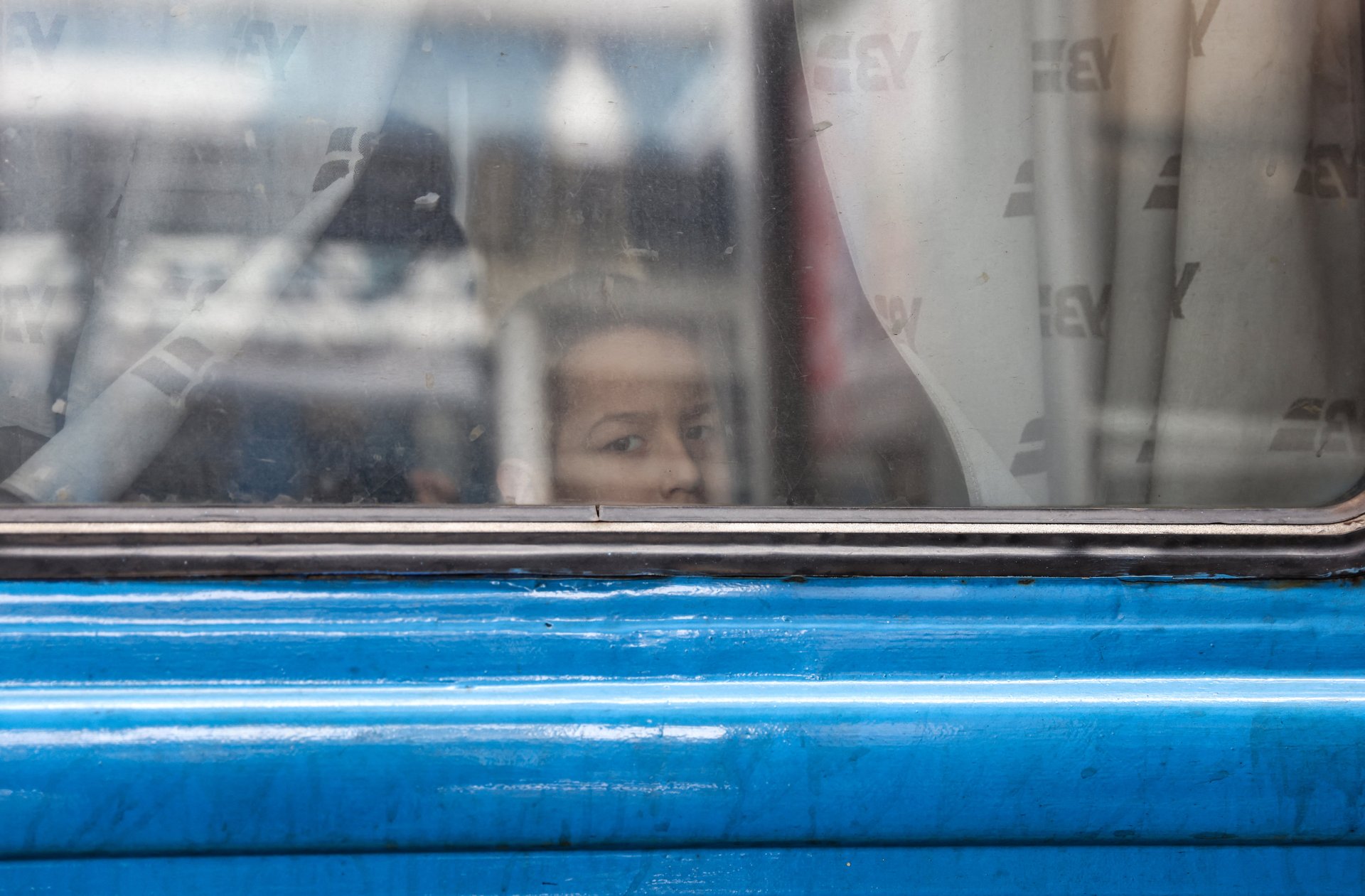The inherited memories of war
A war broke out between last week’s and this week’s teaching. Instead of going with my syllabus, I decided to teach “Crossing the River Zbrucz,” the first story in Isaac Babel’s collection Red Cavalry, to my creative writing students at Princeton. The story, a mere two pages, ends with a woman speaking one of the strongest lines in the history of fiction:


A war broke out between last week’s and this week’s teaching. Instead of going with my syllabus, I decided to teach “Crossing the River Zbrucz,” the first story in Isaac Babel’s collection Red Cavalry, to my creative writing students at Princeton. The story, a mere two pages, ends with a woman speaking one of the strongest lines in the history of fiction:
“Pan,” the Jewess says, shaking out the eiderdown. “the Poles were hacking him to death and he kept begging them, ‘Kill me in the backyard so my daughter won’t see me die!’ But they wouldn’t inconvenience themselves. He died in this room, thinking of me…and now I want you to tell me,” the woman suddenly said with a terrible force. “I want you to tell me where one could find another father like my father in all the world!”
It is a war story, but any war story is also a civilian story. My students, all born in the new millennium, look awfully young: the atrocities of history are probably far from their lives. Even Ukraine is far. As an exercise, I asked them to write a piece about a particular space and the violation of that space: a country being invaded, or a personal space being intruded upon.
A nation invaded by a foreign army: this experience, though read about in history books or seen in the news, is unfamiliar to most of my students. But looking at their faces, I wonder if underneath their youth there are inherited memories—for my Chinese American, or Korean American, or Mexican American students. Surely it has not been many generations since someone in the family was lost in a war?
I grew up learning my elders’ wartime memories. When the Japanese army bombed my mother’s hometown, her brother was in a nearby village, playing with another boy in the field, and my grandparents did not have the time to search for him, so they were only able to bring my mother and her sister on to the journey to escape. All his life my uncle remembered his months of roaming in the warzone, as a near orphan. My great-grandfather, a small-town fabric merchant with a limp, was summarily executed at a labor camp by the Japanese occupiers because he could not walk fast enough for the hard labor. A neighbor in my Beijing childhood home remembered being placed in a wooden bucket and lowered into a nearly dry well when her village was invaded; she was three years old then, and she said her villagers kept calling her brain-damaged after because of the days she was left and forgotten in the well. A family friend, who was ninety when I visited her two years ago, talked at length about her childhood memory of hiding in the woods for days with all her girl cousins, not daring to move or make a sound.
Those stories have become inherited memories for me. They are not like the war stories we read in textbooks or see in the movies, not about giant arrows sweeping on maps or heroic sacrifices accompanied by lofty words. They are about the horrors of having the everydayness of life taken away by violence.